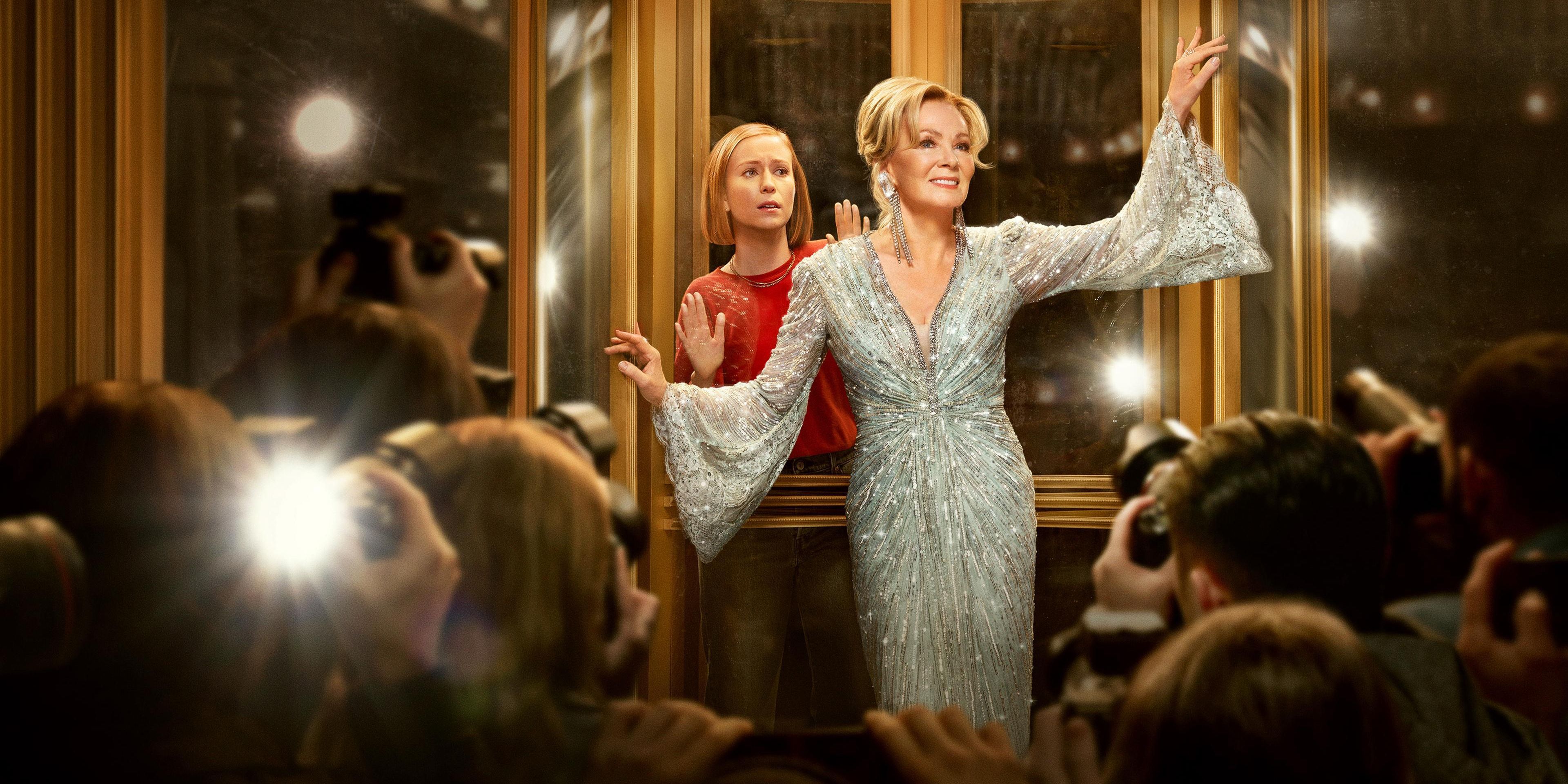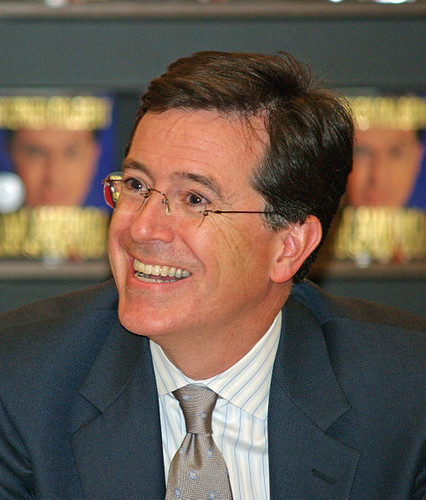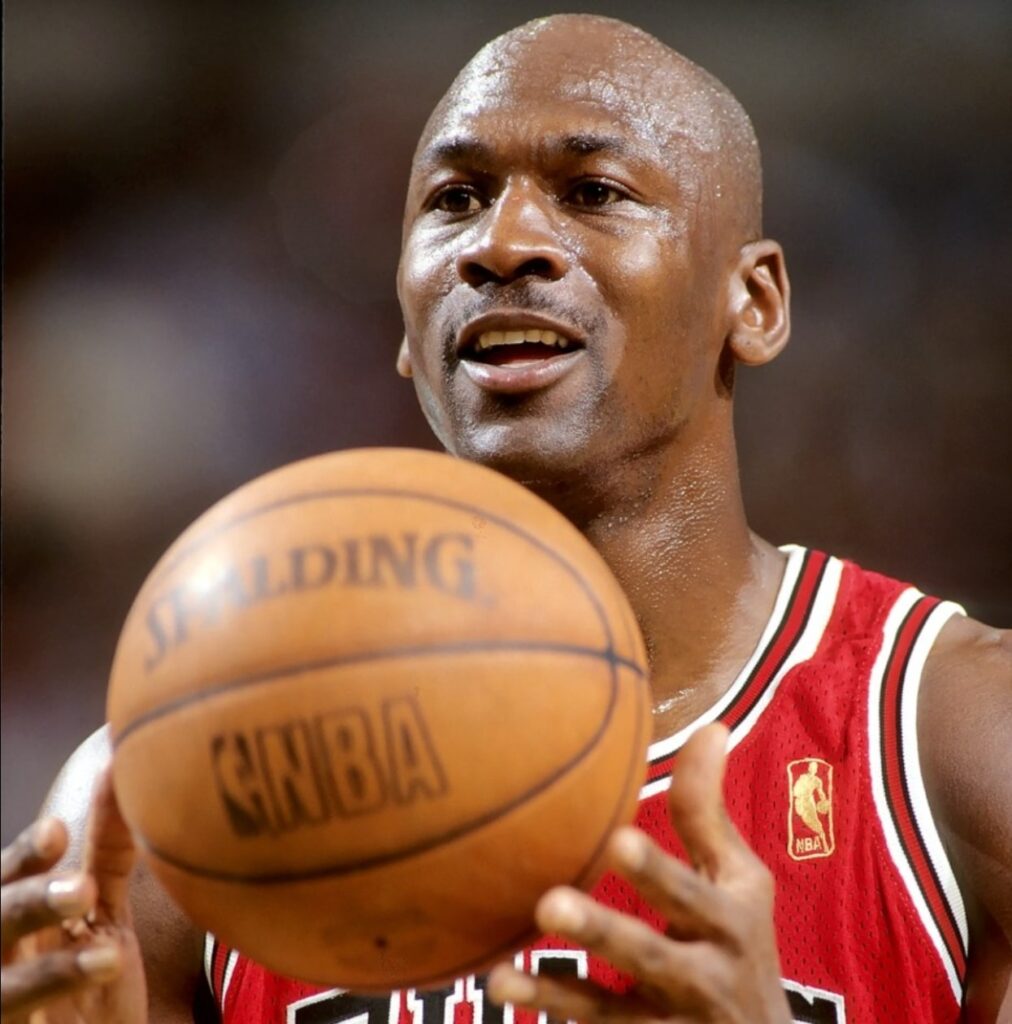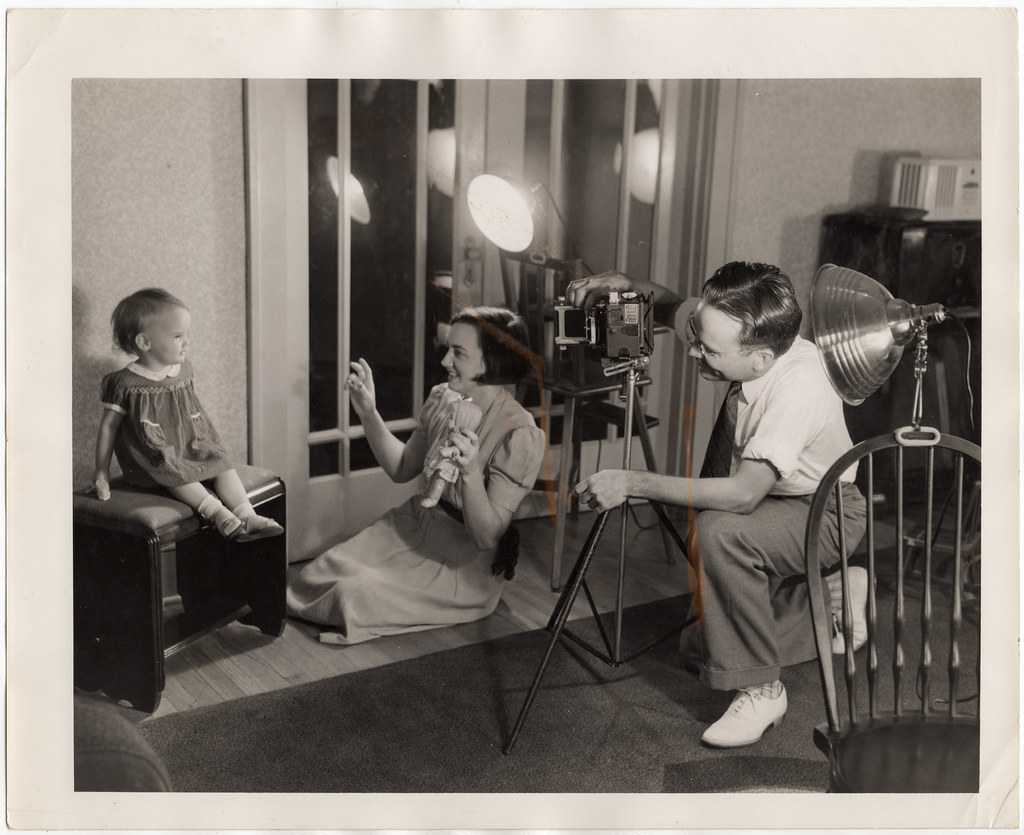
The 77th Primetime Emmy Awards unfolded as a night of celebration, innovation, and history-making moments, but few captivated audiences and industry insiders quite like the triumph of Owen Cooper. At just 15 years old, the British actor, star of the acclaimed Netflix drama “Adolescence,” ascended to an unprecedented height, becoming the youngest male ever to win a Primetime Emmy Award in an acting category. His victory was not merely a personal milestone but a powerful symbol of emerging talent and the profound impact of compelling storytelling.
Cooper’s win resonated deeply within the entertainment world, shattering a long-standing record and firmly establishing him as a name to watch. The narrative of a young actor, only years removed from drama classes, standing on a global stage in the United States to accept one of television’s highest honors, is nothing short of extraordinary. It underscores the potential found in stepping outside one’s comfort zone and embracing challenging roles that resonate with contemporary audiences.
This article delves into the remarkable journey of Owen Cooper, examining the specifics of his historic win, the widespread success and cultural significance of “Adolescence,” the poignant messages embedded within his acceptance speech, and the records he redefined. We will also explore the collaborative spirit among his co-stars, the nuanced intricacies of his performance, and a memorable moment of recognition from one of his cinematic heroes, providing a comprehensive look at the genesis of a new star.

1. **Owen Cooper’s Unprecedented Emmy Win**Owen Cooper’s victory at the 77th Primetime Emmy Awards on September 14, 2025, marked a pivotal moment in television history. The 15-year-old British actor clinched the Emmy for Outstanding Supporting Actor in a Limited or Anthology Series or Movie for his compelling portrayal of Jamie Miller in Netflix’s “Adolescence.” This win officially made him the youngest male acting winner in Emmy history, a feat that had the industry buzzing.
His triumph was particularly significant given the competitive nature of the category, where he was nominated alongside established talents like Javier Bardem, Bill Camp, Rob Delaney, Peter Sarsgaard, and even his “Adolescence” co-star Ashley Walters. Cooper’s ability to stand out among such seasoned actors at his age speaks volumes about his raw talent and profound impact in his first on-screen role.
Upon accepting his award in downtown Los Angeles, Cooper articulated his astonishment, stating, “Standing up here is just, wow, it’s just so surreal.” This heartfelt reaction perfectly encapsulated the magnitude of the moment for the young star, who, just a few years prior, had not anticipated such an incredible journey. His words conveyed a genuine sense of disbelief mixed with immense gratitude.

2. **”Adolescence”: A Sweeping Success Story**The Netflix drama “Adolescence” proved to be a dominant force at the 77th Emmy Awards, garnering significant critical acclaim and scooping four major awards on the night. Beyond Cooper’s historic win, the four-part series was honored with the prestigious award for Best Limited Series, a testament to its powerful narrative and exceptional production quality. It also secured prizes for its directing and writing, recognizing the masterful execution behind the camera.
Furthermore, the series saw its lead and supporting actors celebrated, with Stephen Graham and Erin Doherty also taking home acting prizes. This collective recognition underscored the show’s profound impact and the high caliber of performances across its ensemble cast. “Adolescence” was widely praised by critics and viewers alike for its unflinching exploration of the complex and often challenging impact of smartphones and social media on teenagers, striking a chord with a global audience.
The drama’s storyline, which delves into the radicalization of a rageful teenager through online interactions, ignited a global conversation surrounding the online “manosphere.” This thematic depth contributed significantly to its widespread resonance and educational value. The show’s success extended beyond awards, making it a commercial hit, notably becoming the “second most-watched Netflix show of all time, behind Wednesday, notching up over 540 million hours of viewing time.”
Its popularity was further cemented as it became the “most-watched U.K. title ever on the platform,” following a trend of successful British talent and storytelling on Netflix. Recognizing its educational potential, the British government actively backed an initiative to make “Adolescence” available in all secondary schools across the U.K., emphasizing its role in sparking crucial discussions among young people and educators.
Read more about: Recall the ’60s? These 12 Iconic Authors Defined an Era and Their Books are Still Essential Reads

3. **Cooper’s Empowering Acceptance Speech**Owen Cooper’s acceptance speech was more than just a thank you; it was a powerful and inspiring message that resonated with aspiring artists and individuals everywhere. With humility and conviction, he shared his personal philosophy, stating, “I think tonight proves if you listen, and you focus and you step out your comfort zone, you can achieve anything in life.” This sentiment served as a poignant reminder of the rewards of perseverance and courage.
Reflecting on his rapid ascent, Cooper expressed his disbelief regarding his journey from drama classes to the Emmy stage. He candidly remarked, “When I started these drama classes a couple of years back, I didn’t expect to even be in the United States, never mind here.” This honesty provided a relatable glimpse into the unexpected trajectory of his burgeoning career, emphasizing how quickly life can change with dedication and opportunity.
He further added, “I was nothing about three years ago, I’m here now,” highlighting the transformative power of his experiences and the show. His narrative encouraged young people to embrace challenges and not fear judgment, asserting, “Who cares if you get embarrassed? Anything can be possible.” This part of his speech championed vulnerability and daring to pursue one’s dreams, regardless of potential setbacks.
In a display of profound gratitude and teamwork, Cooper humbly acknowledged that while his name was on the award, its true ownership extended far beyond him. He stated, “It may have my name on this award, but it really belongs to the people behind the camera.” This gesture underscored his recognition of the collaborative effort inherent in filmmaking and the indispensable contributions of the entire production team, co-stars, and his supportive family.
4. **Breaking Records: The Youngest Male Emmy Winner**Owen Cooper’s achievement at 15 years old undeniably rewrote the Emmy record books for male actors. He officially broke the long-standing record previously held by Scott Jacoby, who was 16 years old when he secured a Primetime Emmy in 1973 for his role in the TV movie “That Certain Summer.” Cooper’s win lowered the age threshold for male acting recognition on television’s most prestigious night, marking a significant historical milestone.
The groundbreaking nature of his success extended even to his nomination. In July, Cooper had already made headlines by becoming the youngest nominee in the history of the Outstanding Supporting Actor in a Limited or Anthology Series or Movie category. This nomination itself foreshadowed the historic win that would follow, setting the stage for his record-breaking performance on Emmy night.
While Cooper now holds the distinction of being the youngest male acting winner at the Primetime Emmys, the overall record for the youngest acting Emmy winner belongs to Roxana Zal. She was 14 years old when she won an Emmy in 1984 for “Something About Amelia.” Additionally, Bindi Irwin holds the record as the youngest person to have won a Daytime Emmy, achieving this at just nine years old, highlighting different categories and contexts of youthful Emmy recognition.
It is also important to note that before Cooper, Jharrel Jerome held the record as the youngest winner in the specific category of Outstanding Supporting Actor in a Limited/Anthology Series or TV Movie, having won at 21 in 2019 for Netflix’s “When They See Us.” Cooper’s win not only surpassed Jacoby’s broader Primetime record but also Jerome’s more specific category record, cementing his place as an undeniable trailblazer in Emmy history.

5. **The Ensemble Triumph of “Adolescence” Co-Stars**”Adolescence” was not just a vehicle for Owen Cooper’s individual brilliance; it was a testament to a powerful ensemble cast, many of whom also received significant accolades. Stephen Graham, who portrayed Jamie Miller’s father and was also a co-creator, co-writer, and executive producer of the series, won the Emmy for Outstanding Lead Actor in a Limited Series. In his acceptance speech, Graham delivered a deeply moving and personal reflection.
Graham, a mixed-race kid from Kirkby, emphasized the unexpectedness of his success, stating, “This kind of thing normally doesn’t happen to a kid like me, I’m just a mixed-race kid from a block of flats in a place called Kirkby.” He described being acknowledged by his peers as “the most humbling thing I could ever imagine in my life,” underscoring the show’s message that “any dream is possible,” echoing a similar sentiment to Cooper’s.
Erin Doherty, who played Briony Ariston, the child psychologist working with Jamie, also earned an Emmy for Outstanding Supporting Actress in a Limited or Anthology Series or Movie. The British actress humorously quipped that she would be “banging on about Owen Cooper and Adolescence for the rest of my life,” a playful nod to the deep bonds formed during production. She further emphasized the collaborative spirit, adding, “I’d love to mention every single person involved in making this show because it was the definition of a team effort.”
Jack Thorne, Graham’s co-writer, accepted the prize for outstanding writing earlier in the night. He took the opportunity to pay tribute to the show’s young cast, offering words of profound encouragement. Thorne told them, “You are the flame that proved young people are going to be OK,” recognizing their talent and the hope they represent for the future of storytelling. The show’s strong performances were further recognized with nominations for Christine Tremarco, who played Jamie’s mother, and Ashley Walters, who was nominated in the same category as Cooper, highlighting the depth of acting talent throughout the series.
Read more about: Olivia Hussey: A Life Defined by Star-Crossed Romance, Acclaim, and Lingering Controversy (1951-2024)

6. **Crafting Jamie Miller: Cooper’s Performance and Spontaneity**Owen Cooper’s portrayal of 13-year-old Jamie Miller, a schoolboy accused of murdering a classmate, was a central pillar of “Adolescence’s” critical success. The series distinguished itself with a unique and challenging production style, as each episode was “filmed across one consecutive take.” This technical approach demanded exceptional focus and a deep immersion into character from its actors, particularly from a young newcomer like Cooper.
Cooper offered insightful reflections on his character, Jamie, and the broader themes of online influence explored in the show. He pondered whether Jamie “could have been more protected,” acknowledging the insidious ways the online world can shape young minds. Cooper explained, “He’s speaking to the wrong people online, which his family obviously has no idea about,” suggesting simple interventions like parents telling him “to come off [his phone]” could have diverted his path, illustrating the series’ cautionary message.
One of the most remarkable aspects of Cooper’s performance was his ability to integrate spontaneity into the meticulously crafted, single-shot episodes. He recalled a particularly powerful, unscripted moment during filming, saying, “I wasn’t even aware in the moment. It wasn’t till after that I was like, ‘Oh, yeah, I did that. I had no awareness of it. I think when I said, ‘Look at me now!’ That’s not in the script.” This improvisation became a recurring element, as he would “use it in every other take,” demonstrating an innate acting instinct.
His co-star, Erin Doherty, also spoke to the dynamic and realistic interactions on set, particularly during their intense scenes. She told Cooper, “We were then throwing even more things at each other… You were yawning in my face! You wouldn’t have done that if you didn’t [feel free]. I just feel like there was an element of great realism,” highlighting the organic and uninhibited environment that fostered such authentic performances within the challenging single-take format.
7. **A Hero’s Welcome: Jake Gyllenhaal’s Surprise**Adding another layer of heartwarming recognition to Owen Cooper’s burgeoning career, a special moment unfolded earlier in the weekend when actor Jake Gyllenhaal surprised the young star during an interview. This unexpected encounter quickly went viral on social media, captivating audiences who witnessed the genuine admiration between a seasoned Hollywood veteran and a rising talent.
The surprise held particular significance as Cooper had previously described Gyllenhaal as his hero. Gyllenhaal, aware of Cooper’s admiration, made the gesture even more memorable by presenting him with a unique token. He gave Cooper the “lucky duck” which had originally been given to him when he was nominated for an Oscar, passing on a piece of his own cinematic journey and good fortune.
This act of mentorship and encouragement from a celebrated actor like Gyllenhaal underscored the profound impact Cooper was already making within the industry. It symbolized a passing of the torch, a recognition from a personal hero that validated Cooper’s talent and the incredible path he was embarking upon. The viral clip not only celebrated Cooper’s success but also highlighted the supportive and inspiring connections that can form between generations of artists.
The moment served as a testament to Cooper’s rapid rise to prominence and the respect he has quickly garnered from his peers, both young and established. It was a deeply personal and touching acknowledgment, further solidifying the narrative of Owen Cooper as not just a record-breaker, but a truly celebrated new voice in television acting.
The 77th Primetime Emmy Awards, beyond celebrating Owen Cooper’s groundbreaking achievement, honored a diverse array of talent and productions across various categories, showcasing the depth and innovation within the television industry. From record-breaking comedy series to critically acclaimed dramas and a host’s unique charitable endeavor, the night offered numerous memorable moments and unexpected victories. These awards underscored the creative excellence prevalent in television today, recognizing both established stars and emerging voices.
As the ceremony unfolded, attention shifted to other deserving recipients who captured the industry’s acclaim, reflecting a vibrant landscape of storytelling. The following sections highlight these additional significant wins and notable occurrences from an evening dedicated to celebrating television’s finest.

8. **”The Studio” Sets Comedy Emmy Record**Hollywood satire “The Studio” emerged as a dominant force in the comedy categories at the 77th Emmys, securing a historic number of awards. The series ultimately broke the record for the most wins by a comedy for a single series, accumulating an impressive 13 awards in total, including those received at the preceding Creative Arts Emmys. This sweeping victory underscored its widespread appeal and critical success.
Seth Rogen, the star and creator of “The Studio,” also took home the Emmy for best actor in a comedy. His acceptance speech was marked by humor and genuine surprise, as he quipped, “I couldn’t wrap my head around this happening, so I’ve prepared nothing.” Rogen candidly added, “I never won anything in my life. When I was a kid I bought a used bowling trophy at an estate sale. This is really just so lovely,” highlighting the unexpected joy of his win.
The overwhelming success of “The Studio” at the Emmys solidified its place as a groundbreaking comedy. Its numerous accolades reflected a strong industry consensus regarding its innovative approach and comedic brilliance, marking a significant moment in the history of Emmy comedy recognition. The series demonstrated exceptional prowess in captivating both critics and audiences alike.
Read more about: From ‘Whoa!’ to ‘Wait, What?!’ — The Wildest Actor Replacements in Hollywood History That Tried (and Failed) to Fool Us All!

9. **”Hacks” Continues Its Emmy Reign**The satirical comedy “Hacks” further cemented its status as an Emmy favorite, with its stars receiving notable individual honors. Jean Smart repeated her win for best leading actress in a comedy, continuing her acclaimed portrayal in the series. Her consistent recognition highlights the compelling nature of her performance and the show’s enduring quality.
Adding to the series’ accolades, co-star Hannah Einbinder secured her first acting prize, winning best supporting actress in a comedy. Einbinder’s emotional acceptance speech included heartfelt thanks to Smart and the show’s crew, whom she credited with “changing my life in every conceivable way.” Her win was a testament to the strong ensemble performances that characterize “Hacks.”
During her speech, Einbinder also made a direct reference to global events, concluding with the statement, “Free Palestine.” This moment underscored the platform the Emmy Awards provide for artists to express personal and political views, adding a layer of commentary to the night’s proceedings beyond the celebration of television achievements.

10. **”The Pitt” and “Severance” Lead Drama Category Wins**The drama categories at the 77th Emmys celebrated a mix of established and emerging series, with “The Pitt” taking home the prestigious best drama series award. This victory recognized the medical drama’s compelling narrative and overall production quality, positioning it as a standout in a competitive field. Its stars were also individually honored for their performances.
Katherine LaNasa and Noah Wyle, both actors in “The Pitt,” were recognized with individual acting prizes for their contributions to the series. Their wins highlighted the strong performances that anchored the show, demonstrating the depth of talent within its cast and the effectiveness of its dramatic storytelling. The drama’s success at the Emmys affirmed its resonance with industry voters.
Beyond “The Pitt,” the sci-fi thriller “Severance” also garnered significant attention, with acting prizes awarded to Britt Lower and Tramell Tillman. Tillman’s win was particularly notable as he became the first black winner of best supporting actor in a drama. He dedicated his award to his mother, whom he described as his “first acting coach,” stating, “Mama, you were there for me when no-one else was, and no-one else would show up. Your love and kindness stays with me, and this is for you.”
Additional drama wins included the “Star Wars spin-off Andor,” which earned the award for best drama writing, acknowledging its sophisticated narrative construction. Furthermore, “Slow Horses” received a directing prize, recognizing the skilled craftsmanship behind its episodes. These varied wins collectively showcased the breadth of excellence in television drama.

11. **Stephen Colbert’s Poignant Win Amidst Cancellation**Stephen Colbert experienced an unexpected and poignant victory at the 77th Emmys, winning outstanding talk series for “The Late Show.” This award came just weeks after the announcement of his show’s cancellation, adding a bittersweet note to his triumph. The win followed a campaign, notably led by fellow nominees such as Jimmy Kimmel, encouraging Academy voters to support Colbert in his final year in the category.
In his acceptance speech, a gracious Colbert thanked CBS, stating, “Thank you for this honour. I want to thank CBS for giving us to be art of the privilege of late-night tradition, which I hope continues long after we’ve stopped doing this show.” His words reflected both gratitude for his time on air and a hope for the future of late-night television.
Earlier in the night, Colbert received a standing ovation while presenting an award, further highlighting the industry’s respect for him. He lightened the mood with a joke, asking, “While I have your attention, is anyone hiring? Because I’ve got 200 very well qualified candidates here with me tonight, who will be available in June,” acknowledging the impending job losses associated with his show’s cancellation.

12. **Nate Bargatze’s Innovative Charity Initiative**Host Nate Bargatze introduced a unique and engaging element to the 77th Emmys ceremony, implementing a clever policy to keep speeches on schedule. He announced at the beginning of the night that a $100,000 donation he was making to charity would be reduced for every speech that exceeded the allocated time limit. Conversely, every short speech would contribute more money to the fund.
This innovative approach created an interactive dynamic throughout the evening, with the amount of money pledged fluctuating based on the winners’ adherence to time constraints. The initiative served as a lighthearted yet effective mechanism for maintaining the pace of the ceremony, which unusually ran broadly on schedule, ending only a few minutes late.
Despite the ongoing adjustments to the charity fund throughout the night, the ceremony concluded with a generous announcement. Bargatze and broadcast network CBS declared they would, in fact, donate a total of $250,000 to the US charity The Boys & Girls Clubs of America, ensuring a substantial contribution regardless of speech lengths. This gesture added a philanthropic dimension to the awards, enhancing its positive impact.

13. **Diverse Wins Across Reality and Variety Categories**Beyond the main drama and comedy awards, the 77th Emmys recognized excellence in various other programming formats, celebrating a broad spectrum of television. The US version of “The Traitors” secured the award for outstanding reality competition programme, distinguishing itself in a popular genre. Its host, Alan Cumming, used his acceptance to pay tribute to the show’s crew in Scotland, acknowledging the challenges they faced, including understanding “the concept that the Scottish summer is sometimes oxymoronic.”
Cumming also delivered a message of positivity, recognizing the challenging global climate. He stated, “It’s a difficult time that we live in but it’s so great that our show brings a little bit of joy into this life,” emphasizing the role of entertainment in providing solace. His remarks underscored the capacity of television to offer a much-needed escape and source of happiness for viewers.
In the variety category, “Last Week Tonight with John Oliver” continued its successful run, taking home two prizes, including best scripted variety series. This reaffirmed its consistent critical acclaim and its ability to blend insightful commentary with comedic delivery. These wins collectively highlighted the vibrant and diverse landscape of television content honored at the 77th Emmy Awards.
Read more about: The Unpredictable Eight: Teams Secretly Poised for an NFL Explosion This Season

14. **The Enduring Legacy: Delving into the Name ‘Owen’**The name ‘Owen,’ prominently featured by the youngest male Emmy winner, Owen Cooper, carries a rich historical and etymological background that transcends modern achievements. It is predominantly an anglicized variant of the Welsh personal name Owain, which originally functioned as a patronymic before becoming a fixed surname in Wales during the reign of Henry VIII. Etymologists trace its origins to ‘Eugene,’ meaning ‘noble-born.’
According to T. J. Morgan and Prys Morgan in ‘Welsh Surnames,’ the name is a derivation of the Latin ‘Eugenis,’ which evolved through various forms in Middle Welsh such as Ewein, Owein, and Ywein. They note that the corresponding form in Irish is Eoghan, and agree with Rachel Bromwich that Welsh Owein is “normally latinised as Eugenius,” suggesting a direct link between the Welsh and Irish forms to Latin derivatives. This deep historical root signifies a connection to nobility and esteemed lineage.
Furthermore, ‘Owen’ can also be an anglicized form of the French name Ouen, as exemplified by Ouen of Rouen, a metropolitan bishop. His Latin name, Audoenus, derived from Germanic Audwin and Aldwin, also has a French variant form, Audoin. The anglicisation of the French digraph ‘ou’ to ‘ow’ is a common linguistic pattern, seen in words like ‘couard’ becoming ‘coward.’ Occasionally, Welsh Owain has been Latinised as Audoenus in certain parish registers due to a folk etymology, illustrating the complex interwoven linguistic history of the name.
While relatively uncommon as an English surname, ‘Owin’ has also sometimes been spelled ‘Owen.’ This linguistic journey underscores the multifaceted cultural heritage embedded within the name that now carries the additional distinction of being associated with a history-making young talent. The enduring nature of the name ‘Owen’ reflects centuries of history and meaning, now highlighted by a new generation of achievement.
Read more about: From Grit to Glory: John Wayne’s 11 Western Masterpieces That Defined a Legend
The 77th Primetime Emmy Awards will undoubtedly be remembered for the historic accomplishments of Owen Cooper, a young actor who not only shattered records but also inspired countless individuals with his humility and drive. However, the night was a testament to the collective brilliance of an industry dedicated to compelling storytelling and innovative production. From the comedic triumphs of “The Studio” and “Hacks” to the dramatic depth of “The Pitt” and “Severance,” and the poignant moments shared by figures like Stephen Colbert, the Emmys celebrated television’s enduring power to entertain, inform, and reflect the complexities of our world. As the industry continues to evolve, these stories and the talents behind them will undoubtedly shape the narratives of tomorrow, leaving an indelible mark on culture and society.





